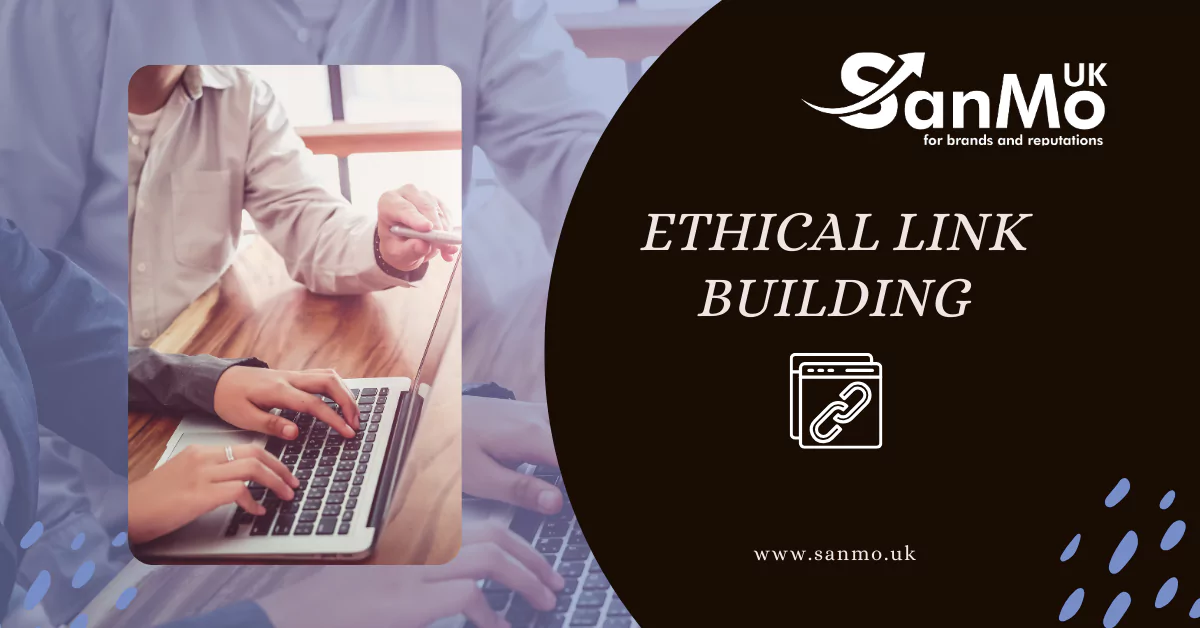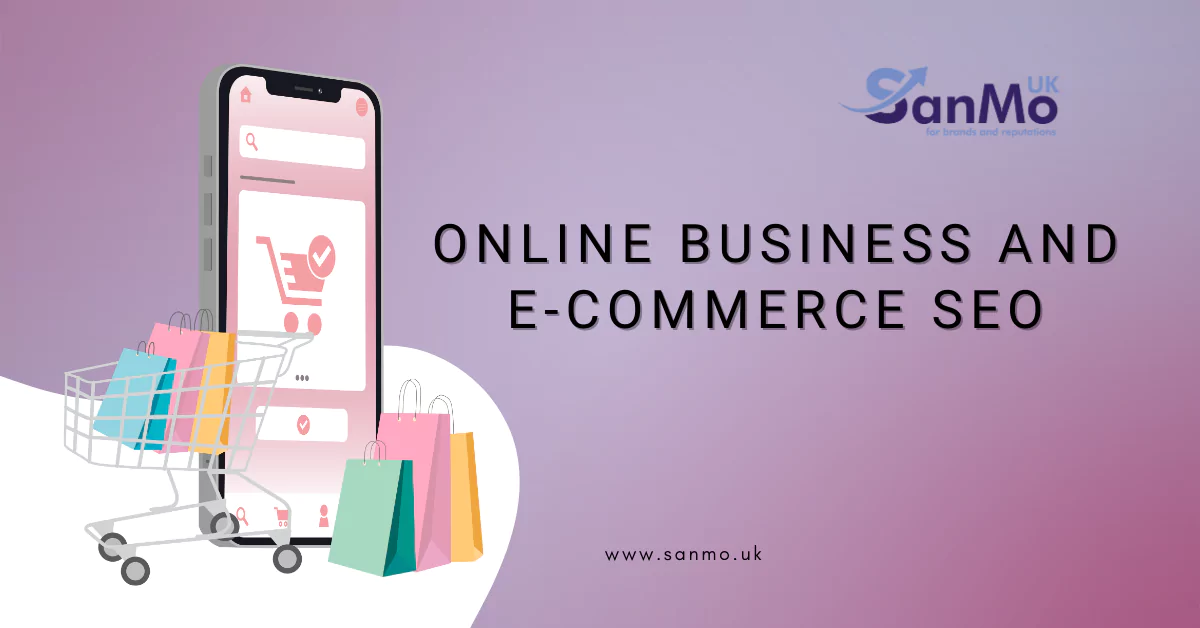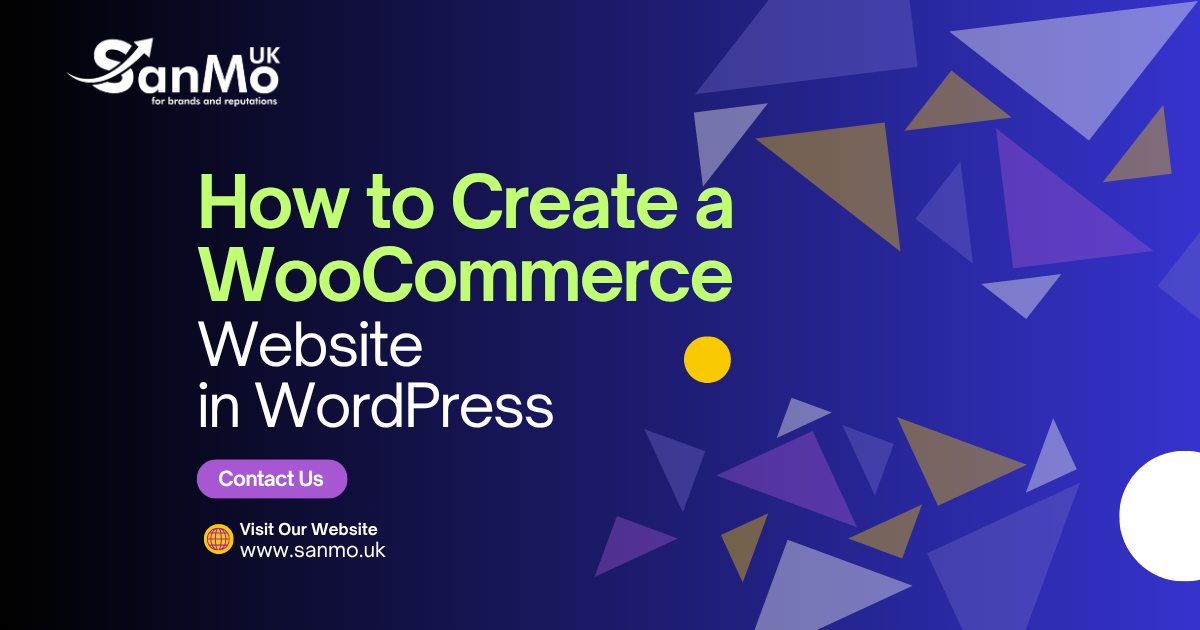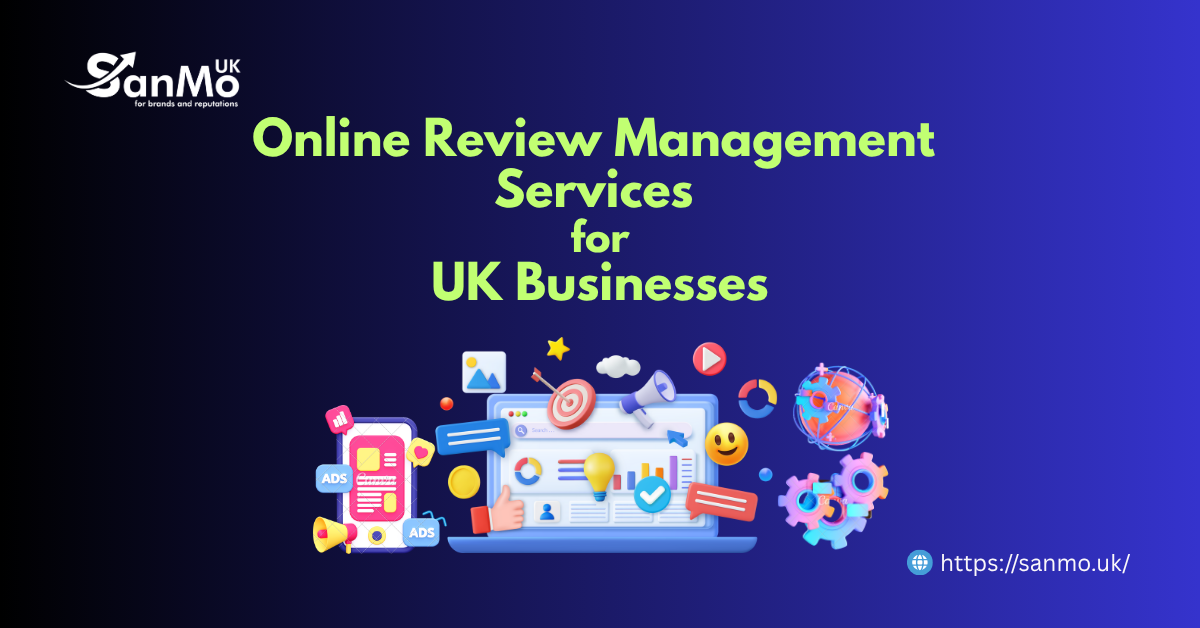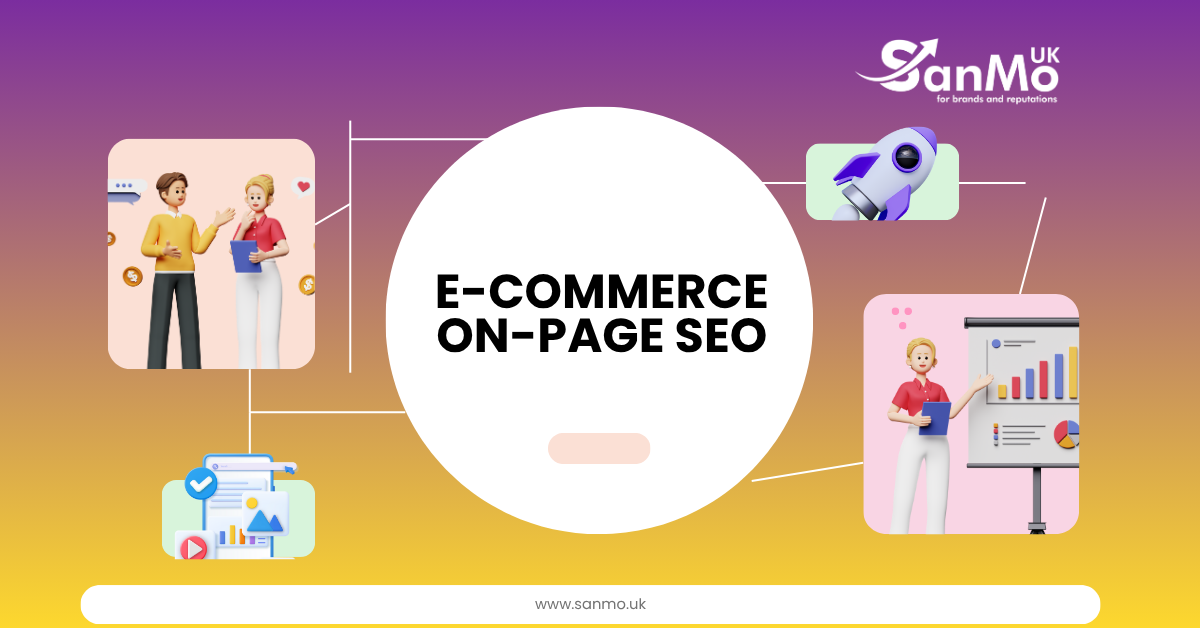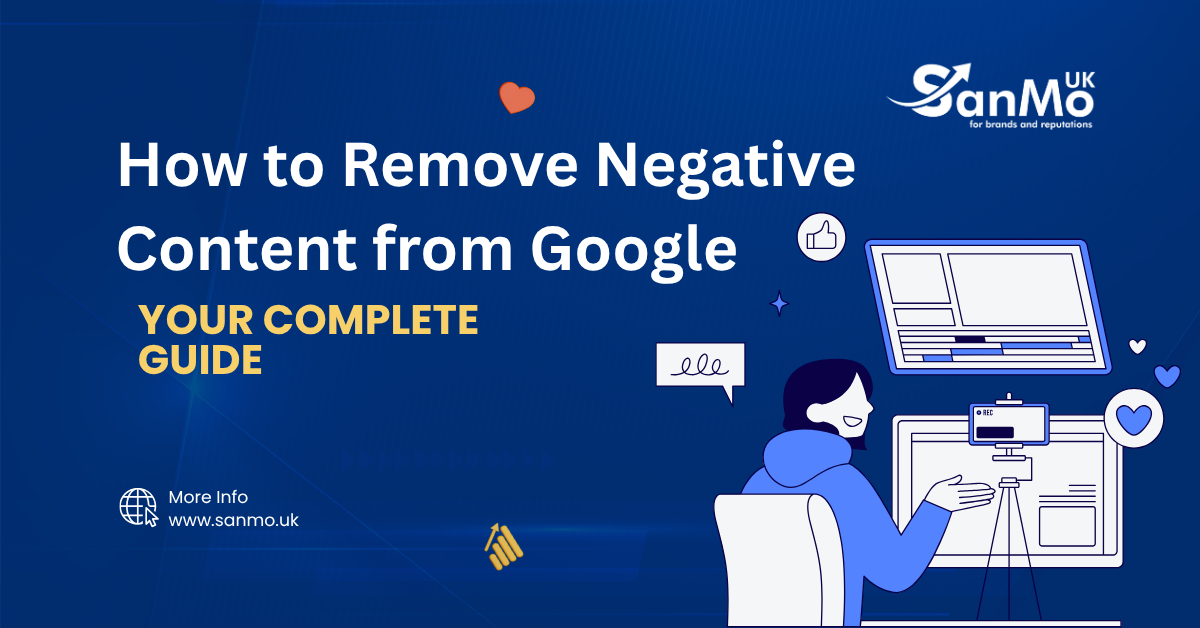When it comes to boosting your site’s SEO and authority, link building is one of the most effective tactics around. But if you’re like most people, you’ve probably noticed there’s a big difference between ethical link-building practices—the ones that feel right and genuinely benefit everyone involved—and the shady, manipulative strategies that may promise quick results but ultimately damage your site’s reputation.
So, what exactly is ethical link building? Simply put, ethical (or “white-hat”) link building is about earning links naturally by creating valuable content and forming real connections. Instead of playing tricks with search engines, it’s about focusing on quality over quantity, building relationships, and offering genuine value to readers and other website owners alike. In this article, we’ll explore what ethical link building looks like and share some of the best methods to help you build your website’s authority the right way.
What is Ethical Link Building?
Ethical link building is about building relationships and creating useful, high-quality content that naturally attracts links. By following search engine guidelines and respecting other creators, you not only avoid the risk of penalties but also establish credibility with your audience.
Why is this important? Ethical link building builds trust, attracts relevant traffic, and supports long-term growth for your site. It’s about nurturing a sustainable backlink profile that search engines (and people) respect.
Tried-and-True Ethical Link Building Strategies
Here are some ethical link-building strategies that focus on building relationships, credibility, and lasting value for your audience.
- Create High-Quality Content People Want to Link To
Quality content is the heart of ethical link building. When you produce content that informs, entertains, or solves a problem, people are naturally inclined to link to it. This can be anything from insightful blog posts and data-backed studies to visually appealing infographics and how-to guides. The key here is to provide real value that others want to share. - Guest Posting on Reputable Sites
Guest posting is an excellent way to build both links and connections with new audiences. But it’s essential to approach guest posting with authenticity:- Find sites that align with your audience and industry.
- Offer content that genuinely benefits the host site’s readers, not just your SEO goals.
- Focus on quality over quantity; a handful of high-quality guest posts can be more beneficial than dozens of low-value ones.
- Build Relationships with Industry Influencers
Establishing relationships with respected figures in your industry can lead to natural link-building opportunities. You can start by connecting with them on social media, sharing their work, and offering valuable insights in relevant discussions. Over time, these relationships can result in organic backlinks when influencers recognize your content as worth mentioning. - Find Resource Pages in Your Niche
Many websites, especially those in educational or nonprofit sectors, maintain resource pages with curated lists of helpful content. If you have valuable resources that align with their focus, reaching out to suggest your content can be a great way to earn high-quality links. - Collaborate on Content with Other Brands or Influencers
Co-creating content, such as blog posts, research papers, or infographics, is a win-win way to reach broader audiences and earn quality links. Both you and your collaborator share the content, generating traffic and interest from both parties’ networks. This collaboration boosts credibility for both brands and offers readers a fresh perspective. - Use Broken Link Building
Broken link building is a simple yet powerful strategy. Here’s how it works: You find broken links on reputable websites, then reach out to the site owner and offer your content as a replacement. This not only helps the website fix its dead links but also earns you a valuable link. Tools like Ahrefs or SEMrush can help you find broken links in your industry. - Make the Most of Social Media
While social media links may not directly impact SEO, they’re an excellent way to get your content seen by a broader audience. This can lead to more shares and potentially more natural backlinks. Engage with your audience, participate in relevant conversations, and encourage sharing to expand your reach.
Avoiding Unethical Link-Building Tactics
While building links ethically is essential, it’s just as important to avoid tactics that search engines frown upon. Here are a few practices to avoid:
- Buying Links: Paying for links is a quick way to get in trouble with search engines. Instead, focus on earning links by creating valuable content.
- Using Private Blog Networks (PBNs): PBNs may seem tempting because they offer links quickly, but they’re a risky shortcut that can lead to severe penalties.
- Automated Link Building: Automated tools that create links in bulk often result in spammy, irrelevant links that harm your site.
- Excessive Link Exchanges: While some link exchanges with industry peers can be okay, overdoing it can look manipulative. Focus on natural exchanges that make sense for your audience.
Measuring Success with Ethical Link Building
Once you start building links ethically, how do you measure success? Here are some indicators to keep an eye on:
- Domain Authority (DA): If your site’s DA is increasing, it often means you’re earning quality links.
- Referral Traffic: Are the sites linking to you driving relevant traffic? Look at your analytics to see how much and what type of traffic these links generate.
- Search Rankings: As your backlink profile grows, you may notice your content ranking higher for target keywords.
- New Backlink Acquisition: Track the new backlinks you’re earning to see if people are linking to your content without you needing to ask—a great sign of organic success!
Final Thoughts on Ethical Link Building
Ethical link building isn’t the fastest path to SEO success, but it’s by far the most sustainable. Building authority the right way through quality content, genuine relationships, and targeted outreach will strengthen your online presence, build credibility, and create a solid foundation for long-term growth. By focusing on ethical link-building strategies, you’re not just improving your search rankings—you’re building a brand that people respect and trust.

